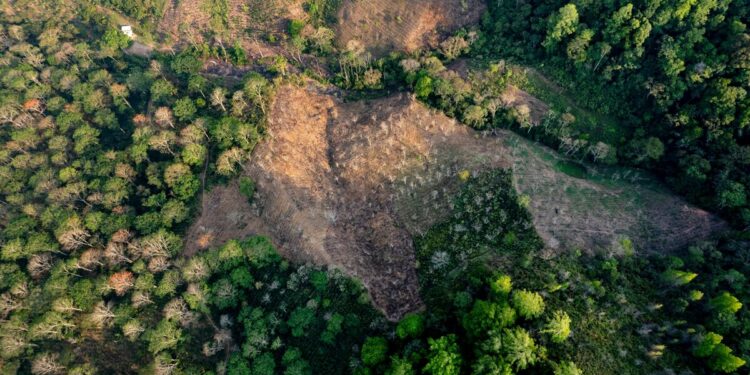Economic superpowers often turn to trade as a way to achieve their foreign policy goals. So it’s no surprise that the European Union, in its determination to be a global leader in the fight against climate change, has made forest preservation a condition for doing business with the bloc. From the end of the year, the EU will enforce a ban on imports of raw materials produced on newly deforested land anywhere in the world. But the way it’s going about it has prompted a backlash from industries and other trading nations, raising the risk that the landmark initiative may be delayed.
The European Deforestation Regulation, or EUDR, is designed to stop the felling of forests to grow products sold in Europe. Those include palm oil (which is found in thousands of everyday items including ice cream, shampoo and fuel), soy, beef, wood, rubber, cocoa and coffee and some manufactured products such as chocolate, leather and furniture. To send them into the EU or export them from the bloc, companies must show they weren’t made on land that was deforested or degraded since Dec. 31, 2020. They will also need to prove they were produced in compliance with local human rights laws and laws protecting the rights of indigenous peoples. The measures entered into force at the end of June 2023, and companies have until the end of 2024 to comply, with a further six-month grace period for small businesses.
Source link : https://www.bloomberg.com/news/articles/2024-07-23/why-eu-s-new-rules-to-protect-rainforests-are-angering-trade-partners
Author :
Publish date : 2024-07-23 10:34:13
Copyright for syndicated content belongs to the linked Source.



